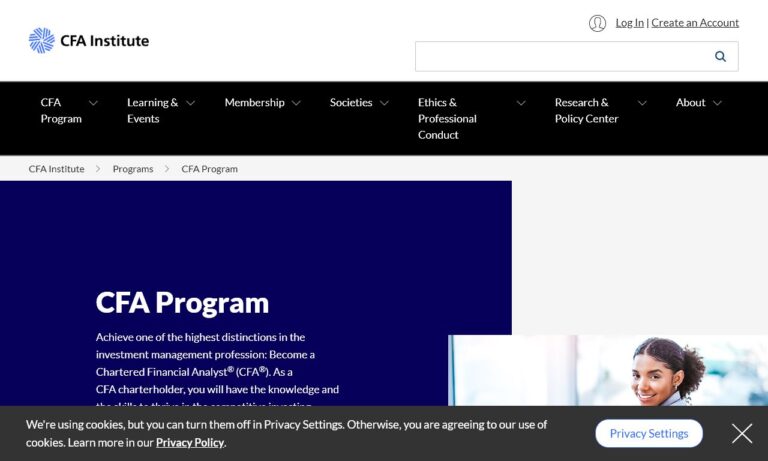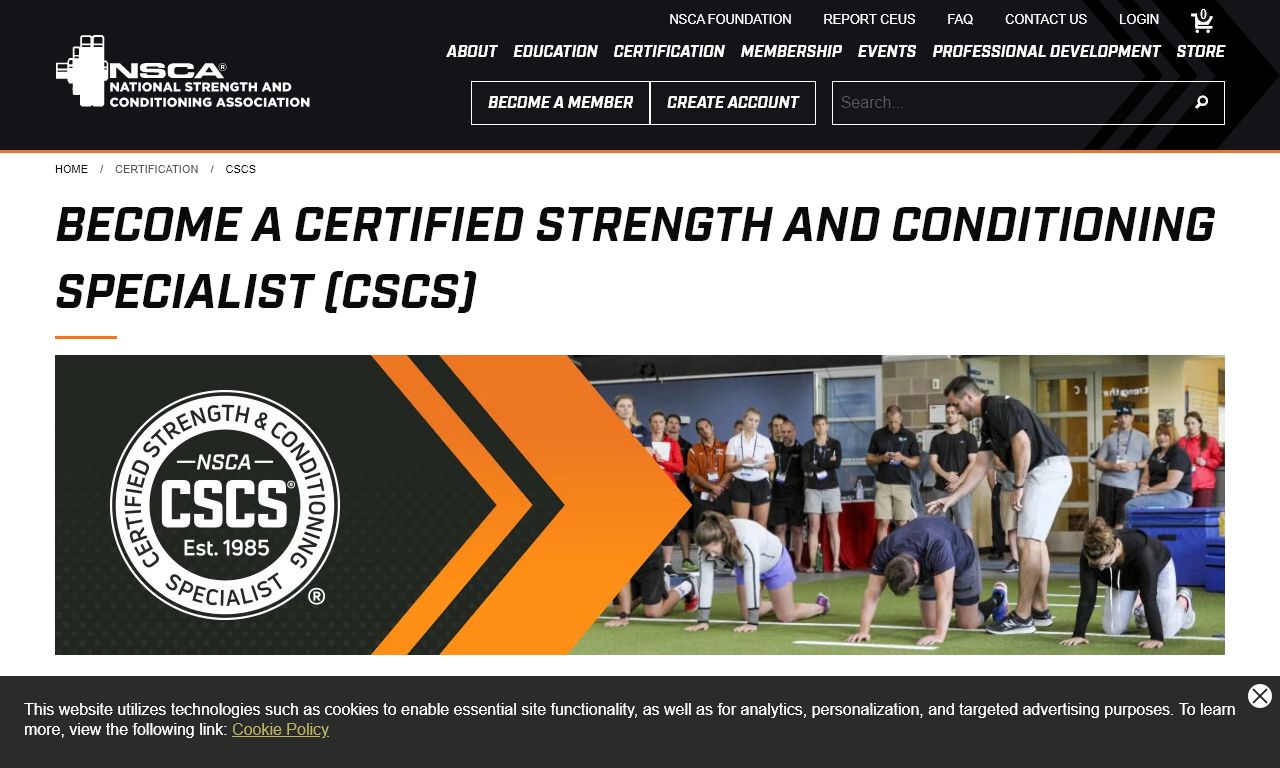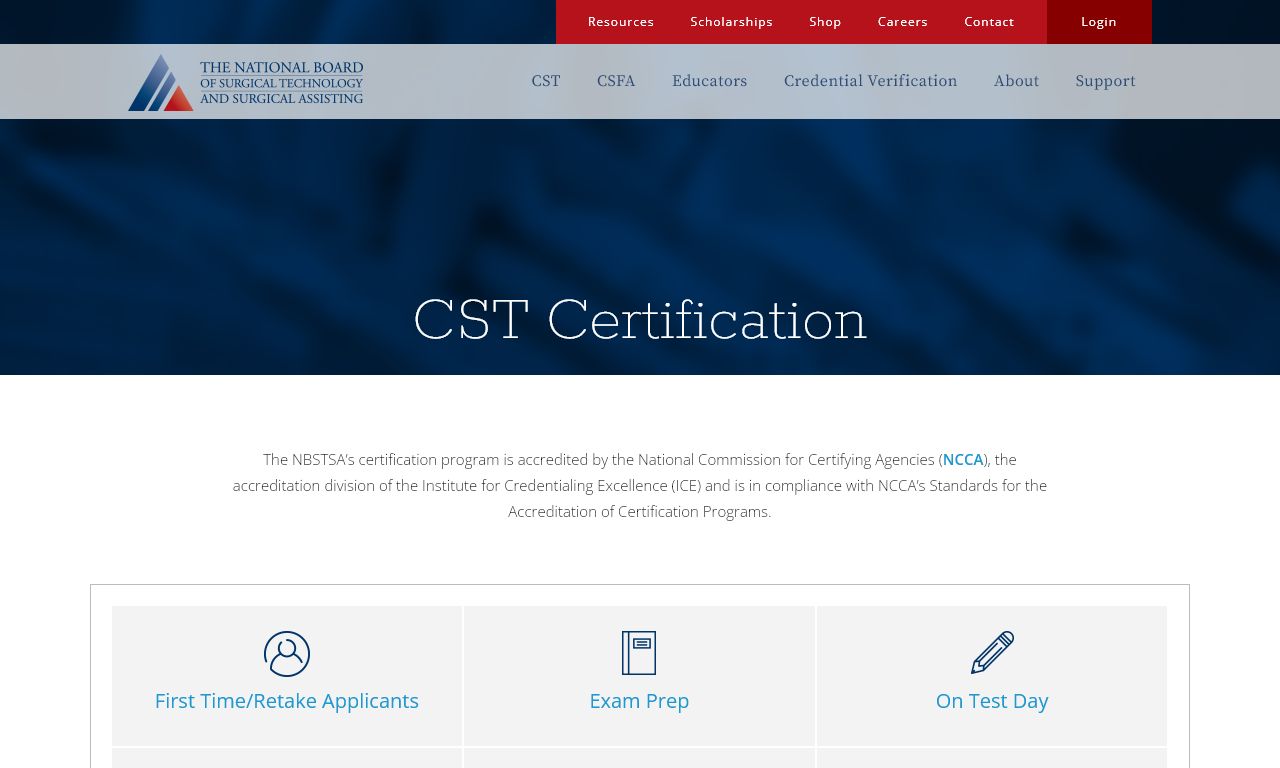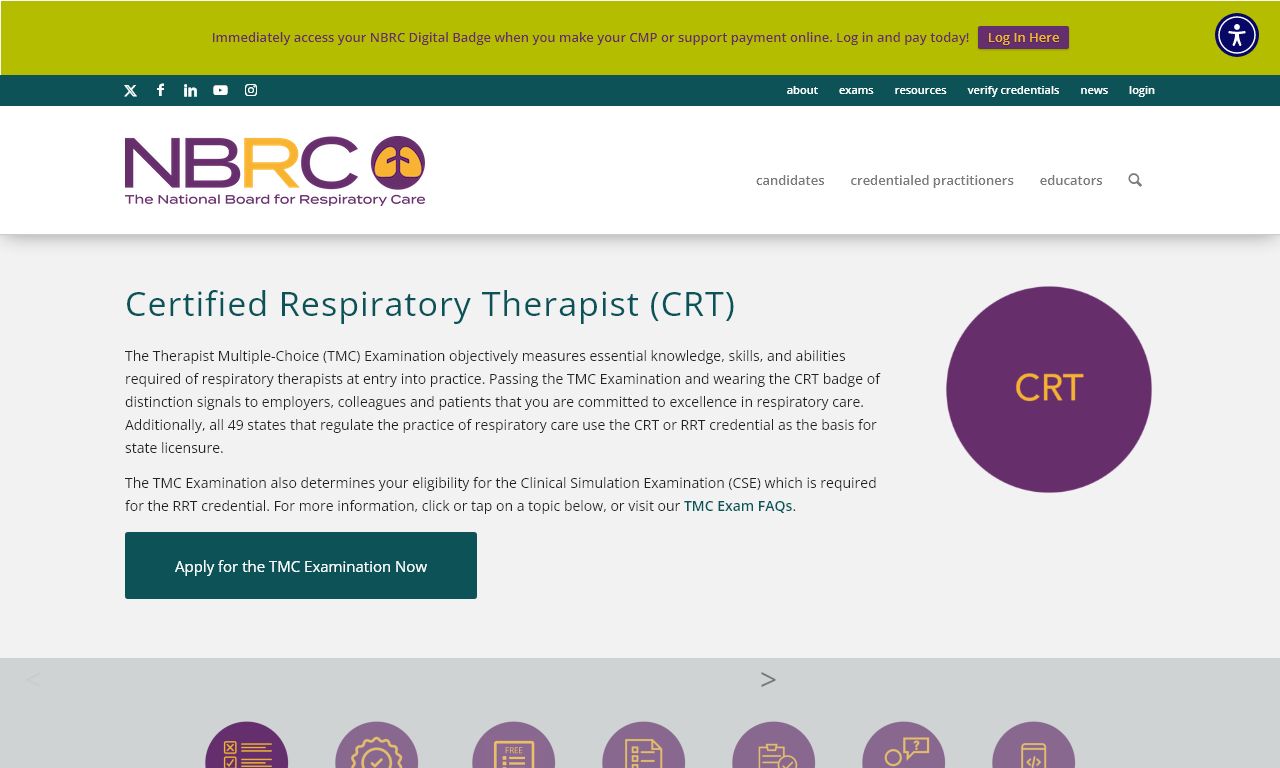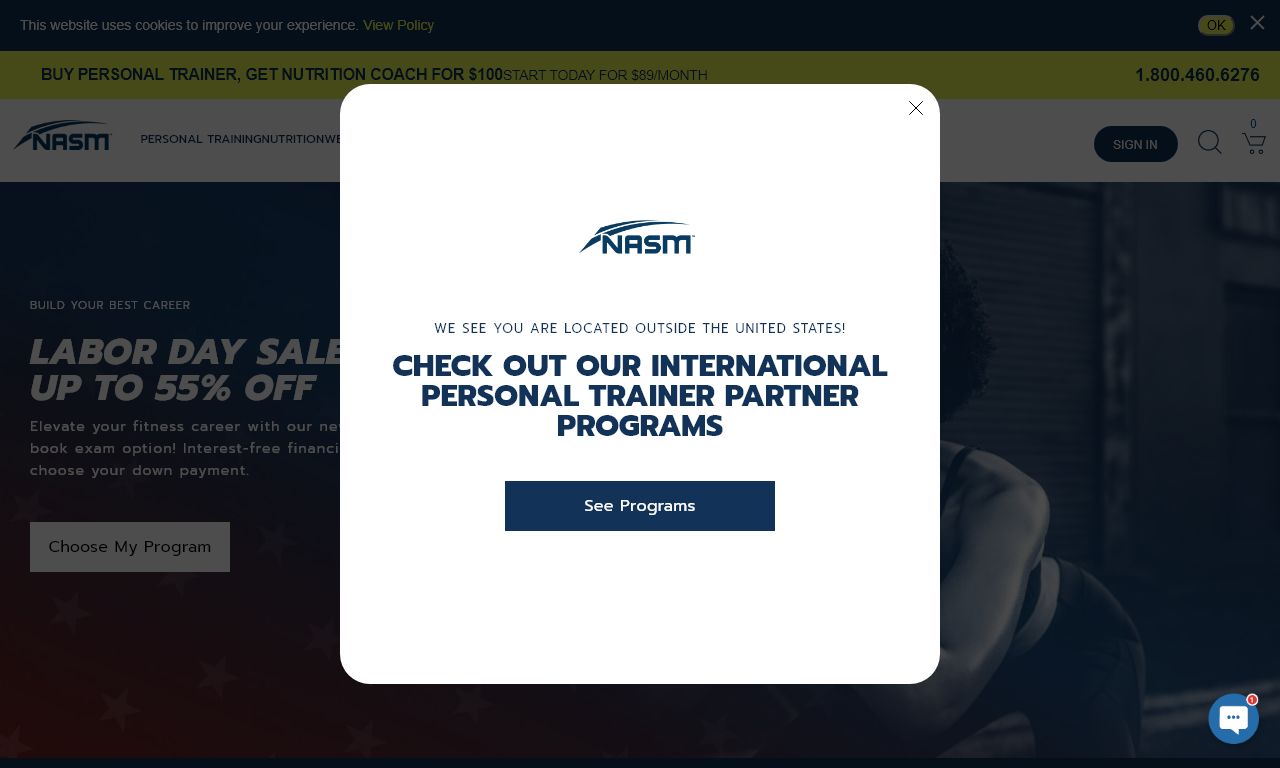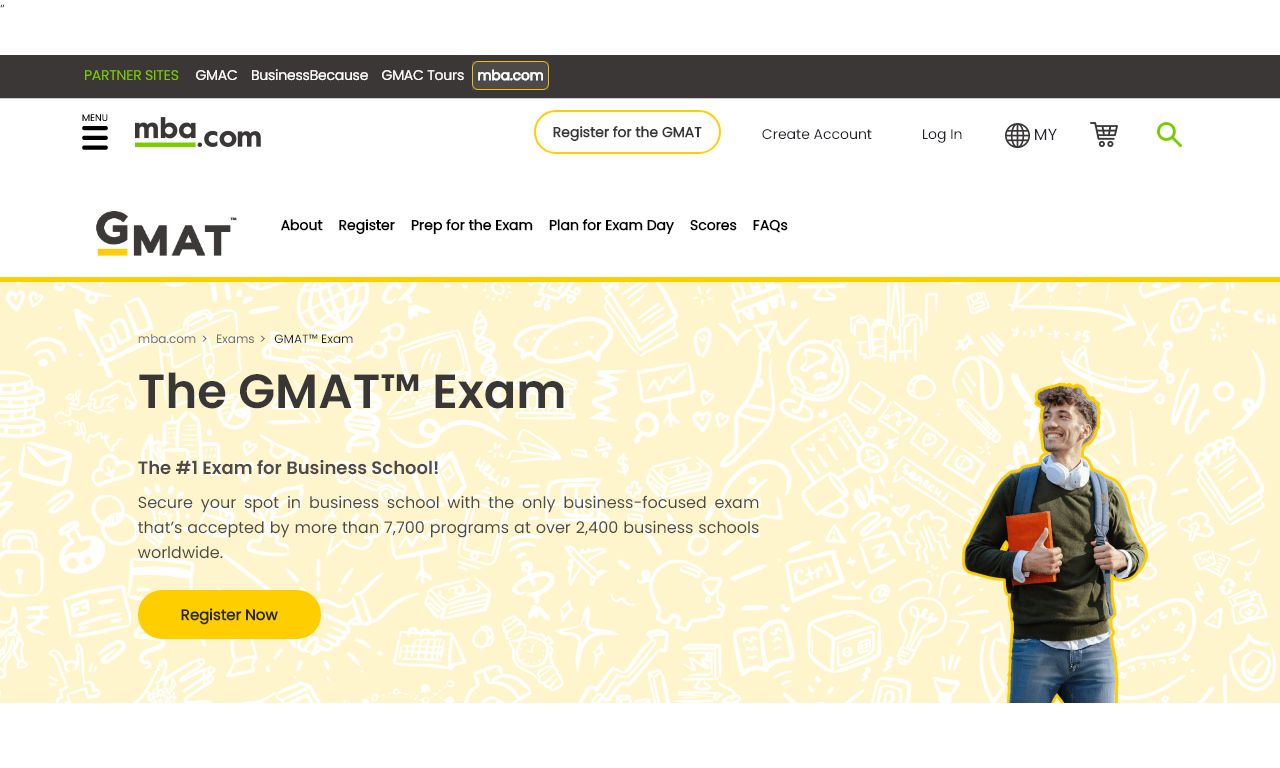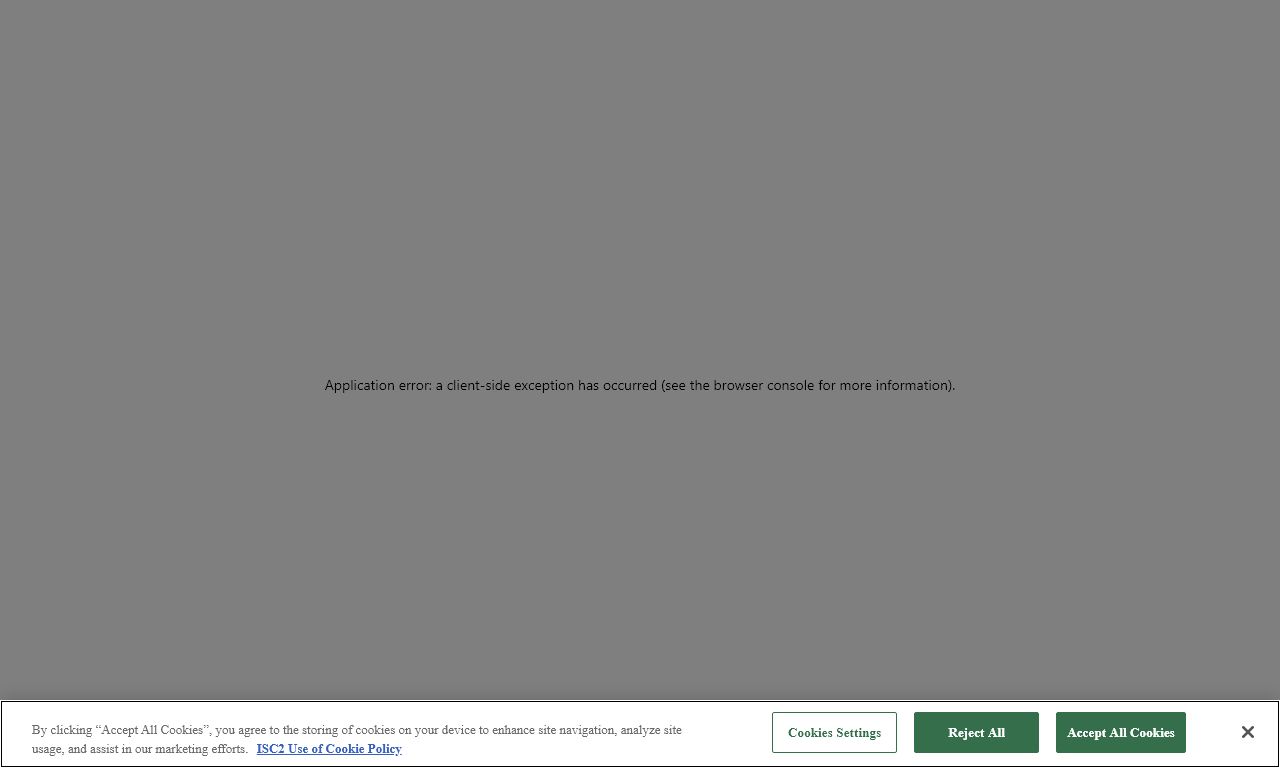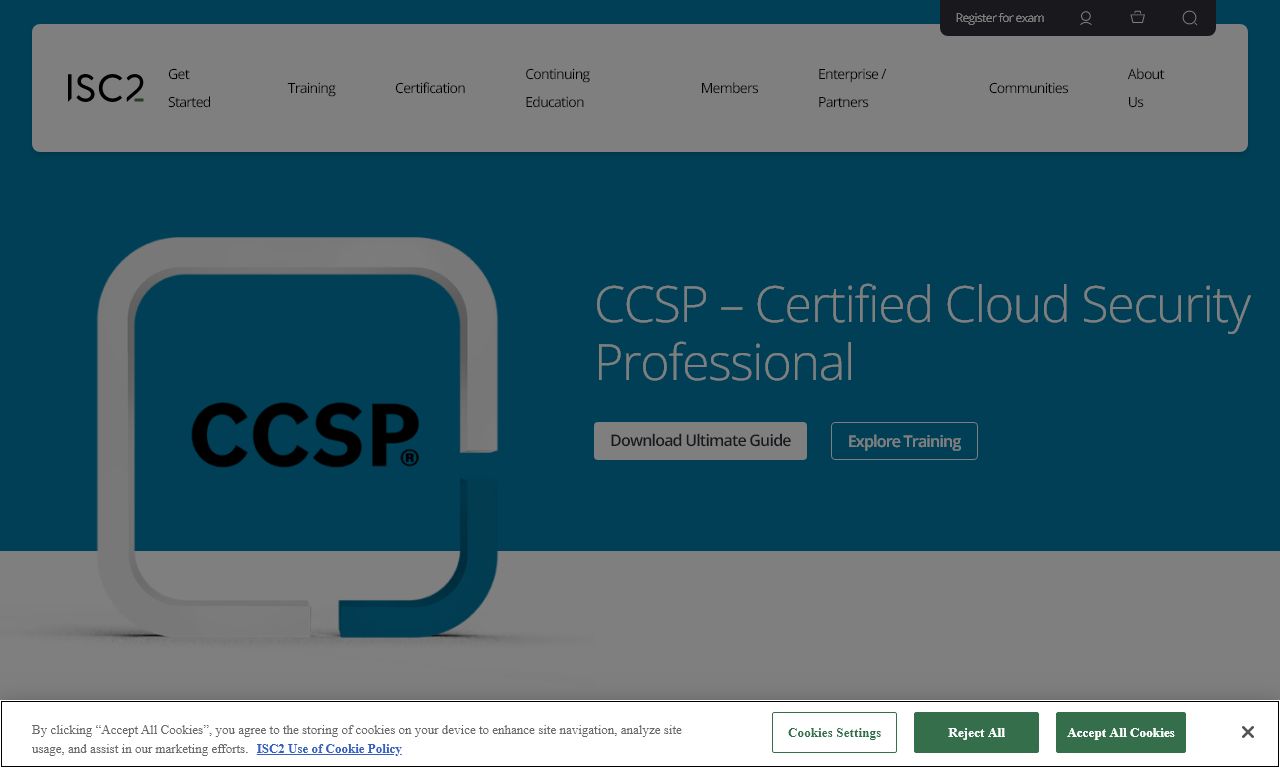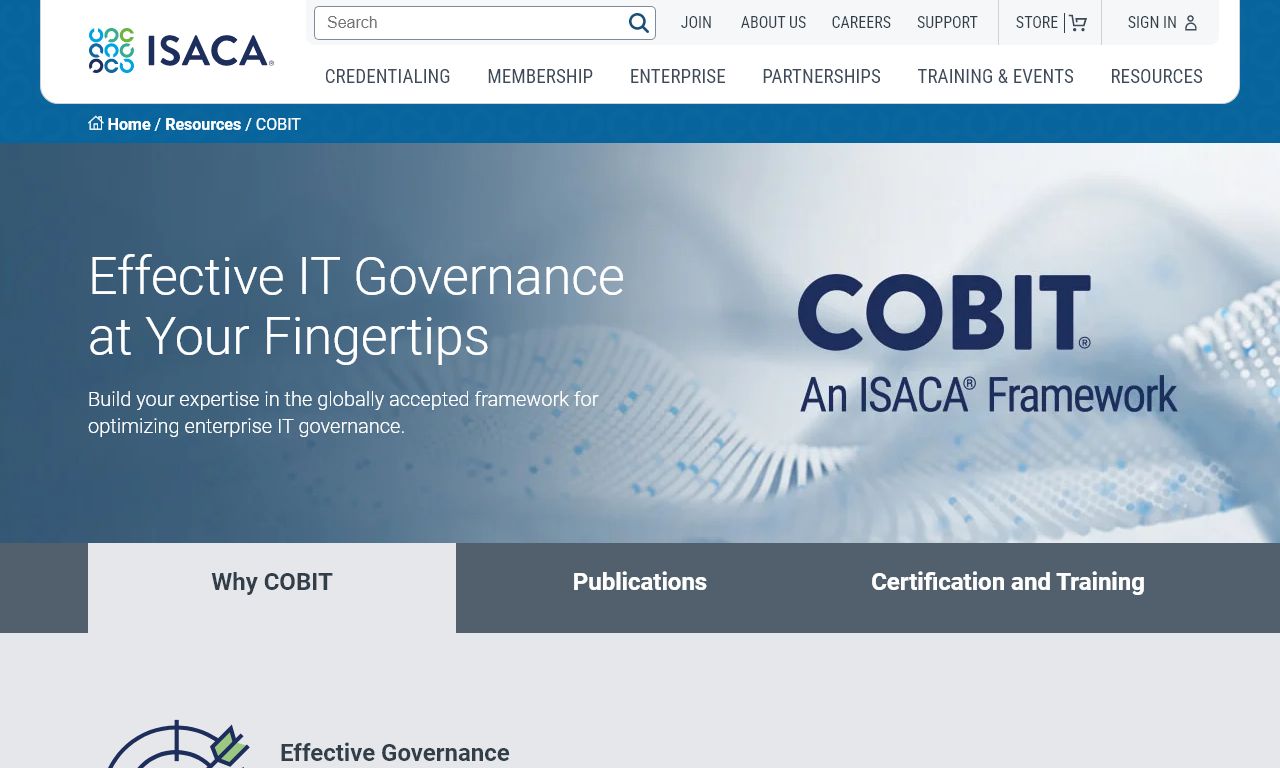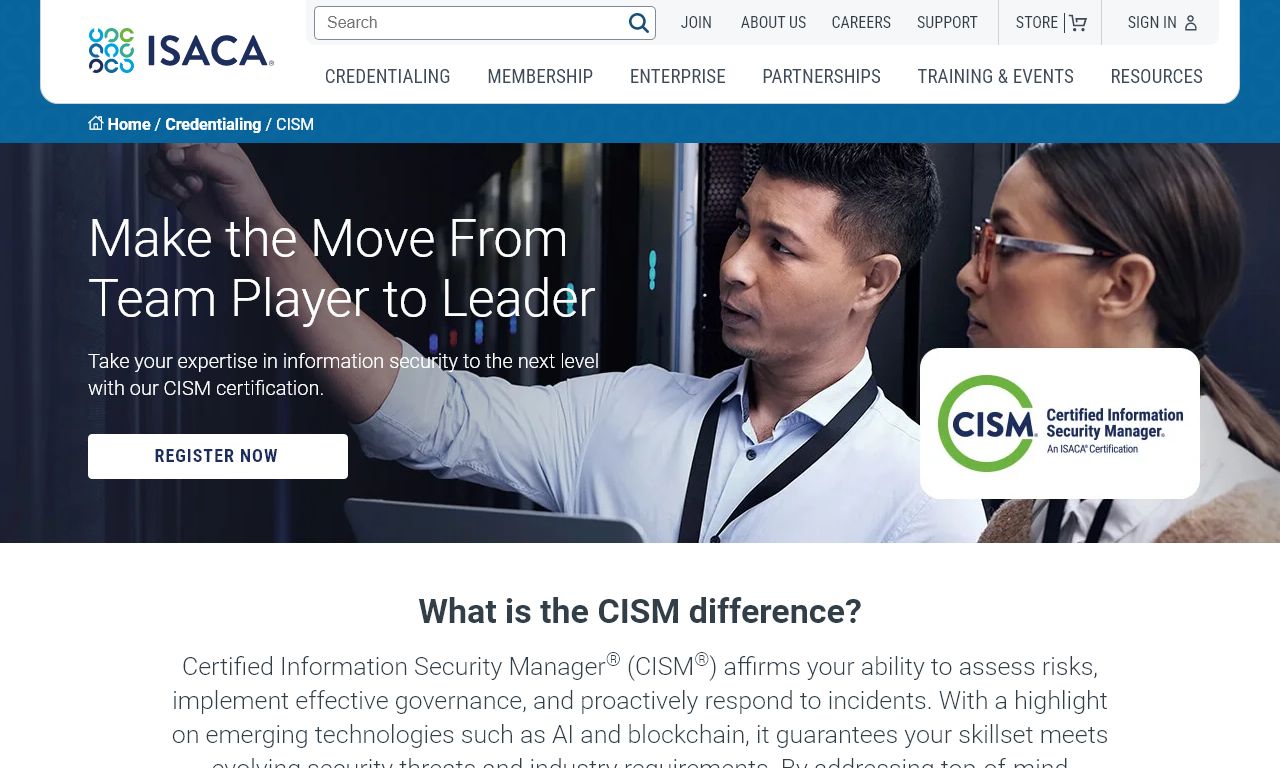CFA Exam Overview
The CFA (Chartered Financial Analyst) exam is a professional certification offered by the CFA Institute. It is designed for investment and financial professionals and consists of three levels: Level I, Level II, and Level III.
Exam Format
- Level I: 180 multiple-choice questions, split into two 135-minute sessions
- Level II: 88 multiple-choice questions, split into two 132-minute sessions
- Level III: Constructed response (essay) questions in the morning session and 44 multiple-choice questions in the afternoon session
Exam Dates
| Exam | Dates |
|---|---|
| Level I | February, May, August, November |
| Level II | February, August |
| Level III | May, August |
Exam Topics
The CFA exam covers a wide range of topics related to investment and financial analysis, including:
- Ethical and Professional Standards
- Quantitative Methods
- Economics
- Financial Reporting and Analysis
- Corporate Finance
- Equity Investments
- Fixed Income
- Derivatives
- Alternative Investments
- Portfolio Management and Wealth Planning
Exam Registration and Fees
To register for the CFA exam, candidates must:
1. Create an account on the CFA Institute website
2. Meet the enrollment requirements
3. Pay the registration fees
Registration fees (as of 2023):
- Early registration: $700 to $1,000
- Standard registration: $1,000 to $1,450
CFA Charter Requirements
To earn the CFA charter, candidates must:
1. Pass all three levels of the CFA exam
2. Have at least 4,000 hours of relevant work experience
3. Become a member of the CFA Institute
4. Adhere to the CFA Institute Code of Ethics and Standards of Professional Conduct
